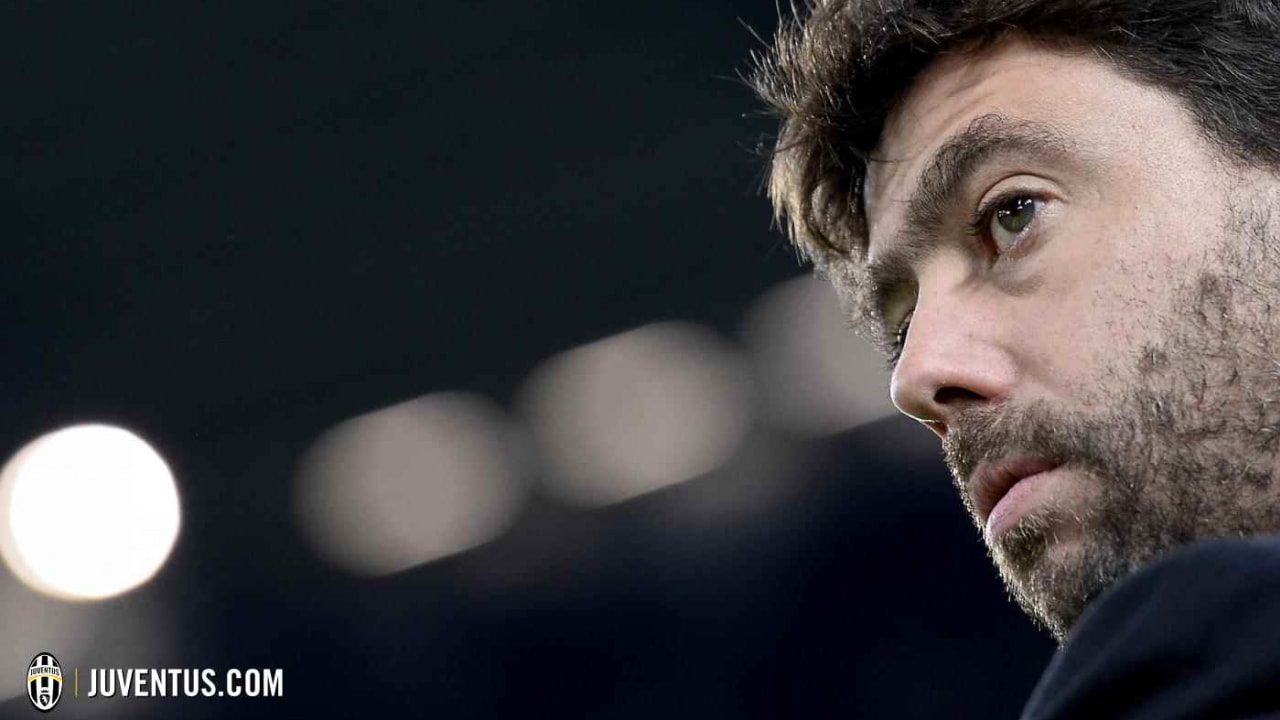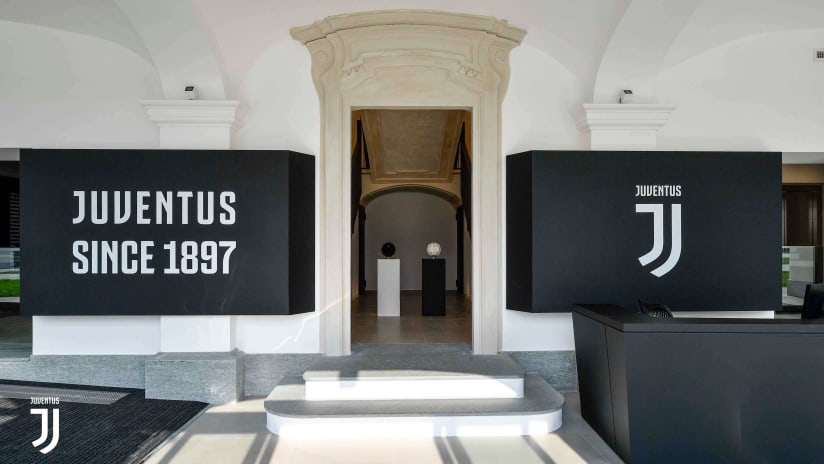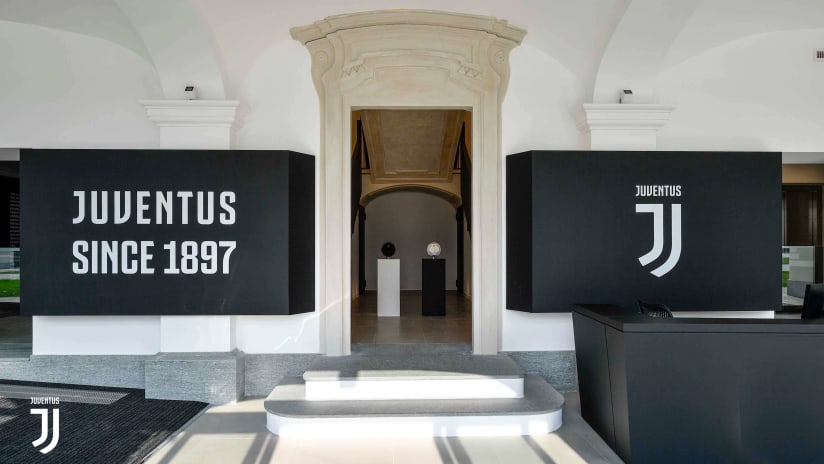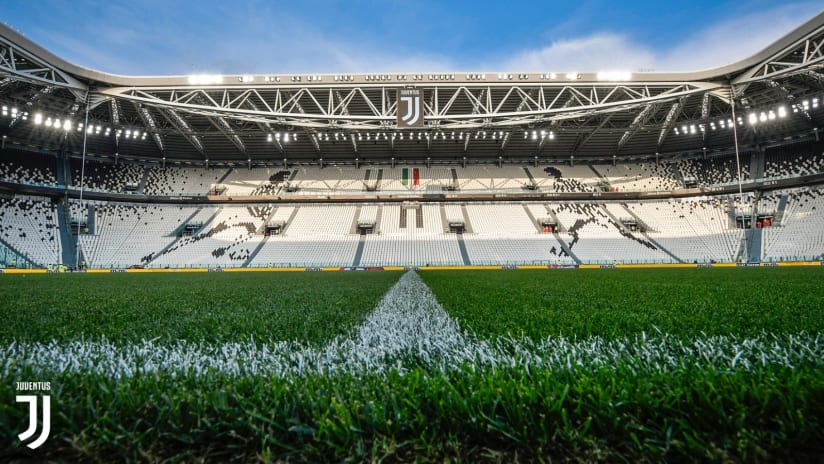03 October 2014
Dear fellow champions,
The financial report that we submit for your approval represents a crossroads in the recent history of Juventus Football Club. It is an important step on the journey we embarked upon in May 2010; one of reconstruction and of renewed growth. Your club has ended the year with a positive operating result and with a pre-tax profit. It is only the regional tax on productive activities (IRAP) – a tax only found in Italy – that has resulted in us registering a loss.
The reasons that have contributed to this turnaround are manifold, but can be summarised as a definitive change in the way the club is run. It is a change that has restored the management of sporting affairs to the centre of the club’s operational strategy, whilst maintaining a focus of identifying new forms of revenue and controlling costs.
Nonetheless, the challenges that await us in the coming years are sure to be demanding. Whilst our rediscovered capability to compete in Italy is confirmed by these results and by the incredible achievement of winning three consecutive Scudetto titles, the economic power of our international contemporaries leaves us in no doubt as to the reality of our current situation. The gap between us and the top European clubs still yawns wide, and must be reduced before we can aspire to the kind of results that are more befitting of our rich international history. The men and women of Juventus are well accustomed to overcoming adversity using every ounce of strength they have, both on the pitch and in the boardroom. That is our club ethic, one that we are all constantly maintaining and fostering.
From the first day of my presidency, I underlined the urgent need for certain structural reforms to our “system”. There have been wide-ranging changes to the way Juventus is run, whilst the wider context of Italian football has all but stood still. The profound effort invested in our own internal renewal is thus stunted by the considerable obstacle that is the general lack of growth shown by Italian football as a whole. Changing this state of affairs is a complicated operation, but is of maximum urgency if we are to achieve the objectives we set for ourselves. Our level of football is deserving of top-level domestic competition and a renewed assault on the international stage.
Juventus Stadium, of which we are immeasurably proud, remains the only example of a cutting-edge sports facility in Italy – it represents a sustainable management model and offers a live and television experience of the highest calibre. Unfortunately, the Stadium is only one twentieth of Italy’s stadium potential: not enough for the collective administration of our national game to take a decisive step forward. The development of new infrastructure must be the critical focus of the next five years, during which time Italian football must choose between international competitiveness – both on the pitch and in terms of diversifying and increasing the sources of revenue – and the marginality to which we seem so irreversibly condemned.
The TV revenue from Serie A and international competitions is rising continuously, a clear sign that the market sees football as a lucrative prospect. It is a privilege that few other sectors are party to, and must be preserved. The proceeds deriving from such rights must be divided according to a system that both recognises the value of the big clubs – a group to which Juventus of course belongs – and safeguards the economic interests of those clubs that risk relegation from Serie A due to sporting misfortune. Whilst the lack of participation of Italian clubs in European competition is an issue that does affect large and medium-sized clubs, relegation from Serie A to Serie B is an event capable of endangering a club’s very survival. When it comes to dividing television proceeds, all of us in the Lega Serie A must therefore be mindful of this situation, so that Italian football is not cast into future crises.
The Lega Serie A must reassert its leadership role and successfully implement a complete review of the governance model of our national game; there needs to be a full clean-up of a system riddled with a level of litigation and non-transparency which is frankly unacceptable in today’s world. Cross-vetoes and an imbalance of electoral influence have slowed growth to the point of paralysis. We need to start growing again.
And so, to football. The sport that we all love, for which the people’s passion burns unabated. A further reduction of the number of professional clubs is necessary, along with a review of the composition of squads. This will ensure that the national set-up has an adequate pool of home-grown players to select from. These priorities will be accompanied by two further reforms which share one common denominator: young talent. The first is developing a suitable immigration policy that respects national law but also the development of the system and human rights. The other point of focus regards second teams, a concept preferable to so-called “multi-club ownership” and one already tested in countries such as Spain, Holland and England. This ensures the constant production of talent and a harmonious system of interchange with first teams. A generation of great Italian footballers is drawing to a close; the next few years must produce another one that is worthy of taking up their mantle.
As far as we're concerned, the next few years will be crucial both on the pitch and for the sustainability of the 'Juventus model'. The renewal of our partnership with Jeep until 2021, our new six-year deal with adidas and the development of the Continassa area which will house our new headquarters and first-team training centre; the significant investment made in our youth set-up – from the conversion of the Vinovo centre into the new academy to our redoubled focus on emerging talents; the continued development of our digital media activity; and our active participation at the heart of international organisations such as the European Club Associations (ECA) and the Union des Associations Europèennes Football (UEFA): these factors are the incontrovertible proof that Juventus is well placed to continue its exponential growth in Italy. At the same time, we are aware that we must continue to pursue all avenues of growth, even those that are as of yet unexplored.
In regard to international expansion, the Juventus administration knows that the globalisation of our brand is of vital importance. Most importantly, we must continue to compete in European competitions – whether in the Champions League or the Europa League. Nonetheless, not all the provisions that dictate our ability to develop a sporting and commercial presence on the international sphere are within our control. The limits of the system, which I mentioned earlier, are already undermining significant development opportunities.
Over the past four years, we have been able to rely on personnel of the utmost professionalism: Giuseppe Marotta and Aldo Mazzia are the pillars of this club and are blessed with staff of the highest quality. Fabio Paratici, Pavel Nedved and Francesco Calvo, for example, have shown great tenacity in their pursuit of our objectives. The club is now in the hands of a new coach: Massimiliano Allegri. He is a winner; a man who has already injected us with new passion and a heightened desire to take on everything – and everyone – in our path.
Fino alla fine…
Andrea Agnelli
Annual Financial Report, 30 June 2014




